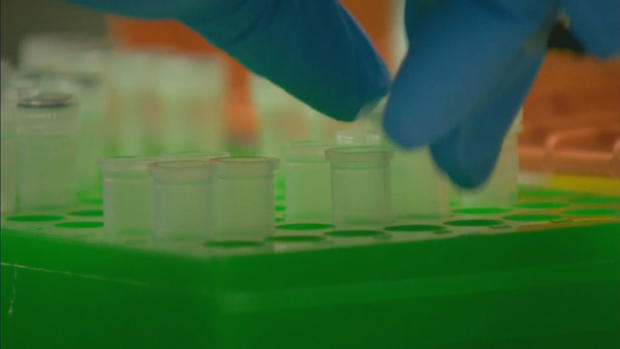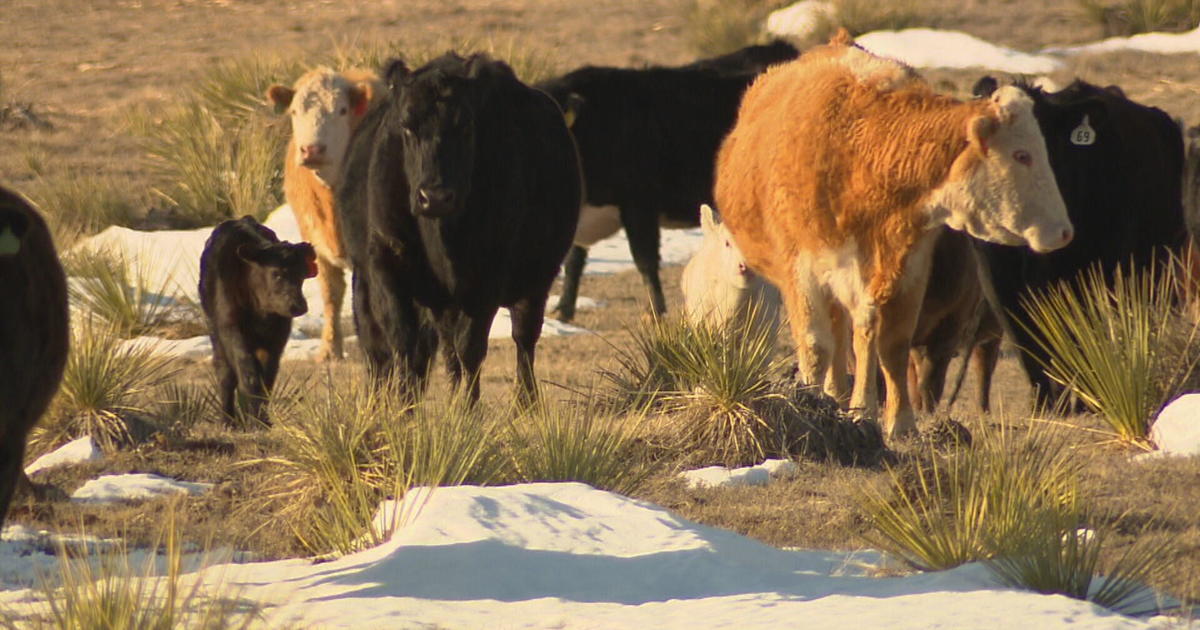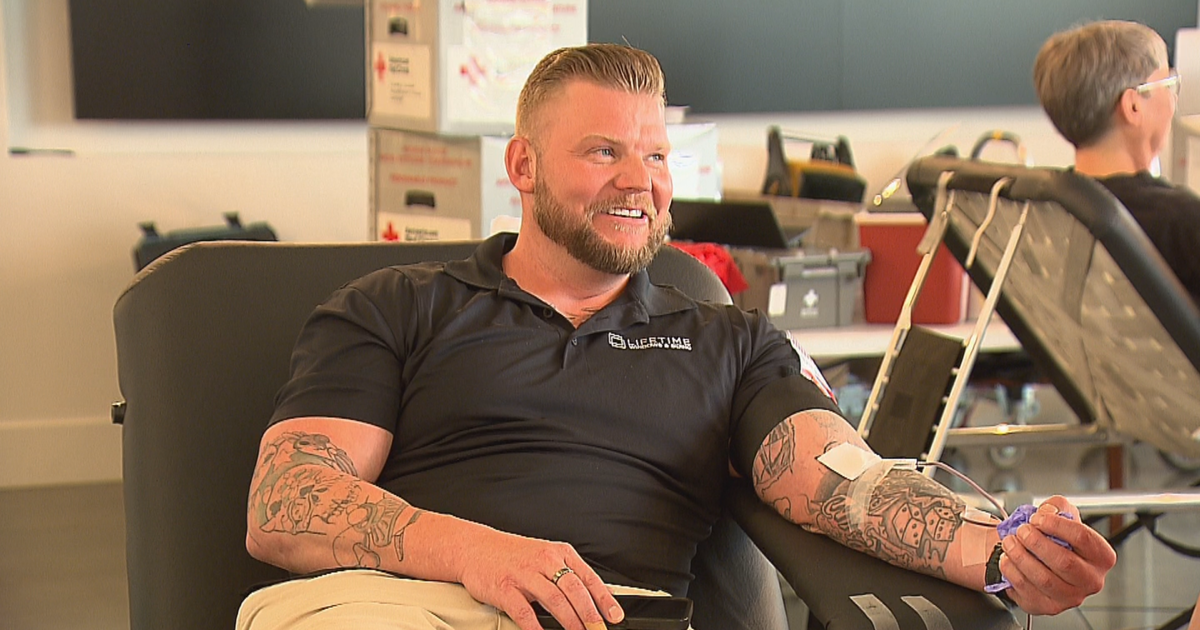What is Herd Immunity?
DENVER (CBS4) - It's that term that keeps coming up. Herd immunity is a potential way of beating the coronavirus. Gov. Jared Polis said last week Colorado's return to normalcy will be gradual over time because the virus cannot be turned on an off, and herd immunity or anti-viral therapies are about the only solutions.
There are no proven viral therapies as of yet.
Experts know we already have herd immunity to other diseases that have virtually vanished. Polio is all but beaten and an example of herd immunity.
"Not every single person is vaccinated against polio, but a large enough percentage of people are or were so that we don't actually see polio," said Emily Johnson, director of policy analysis at the health policy organization, The Colorado Health Institute.
It was Jonas Salk's vaccine in 1955 that started it. Once enough got the vaccine, there was no chance it would spread further.
Another method of creating herd immunity would be mass infection – if enough people got it, the chances of giving to someone uninfected would go down, until the disease spread no further. This is where the math begins.
Infections are given what is called an R0 number (pronounced "R-Naught") by experts who look at the rate of transmission. With the novel coronavirus right now, it's thought to be about three. That means, an infected person is likely to infect three other people. So each person who gets it leads to three more cases and the disease spreads.
But if you can bring that number down below one, each person who gets infected, infects less than one other person. So say three people have the virus with an R0 number below one; they might give it to two others. Those two might infect only one person and on it goes until people who are infected cannot give it to someone else.
With COVID-19, the problem is the lack of a vaccine.
"We don't yet have a vaccine, and so when we think about herd immunity there are really two different ways that you can get people immune," explained Johnson. "Either everybody can be exposed to it, or you can vaccinate the entire population. The problem with the everybody getting exposed to it route is that it is such a dangerous illness you don't really want to go that route of going herd immunity. You don't want everybody to get this illness. And even then we're not actually sure yet if that will result in immunity."
That's because there are reports of people being sick, getting better, then getting sick again.
With the current R-Naught number of about three, experts feel we would need about 70% of the population to be infected to gain herd immunity – if those people were not a factor. In Colorado, that would mean more than 4 million people.
Right now, health experts think about 65-75,000 Coloradans have, or have had, the virus. That is about 1.2% of the total population of the state. That means many more would have to get infected.
"The option of just everybody getting coronavirus, means unfortunately a lot of people get very sick and die," said Johnson. The R0 number has likely dropped due to the stay at home order and wearing masks and washing hands.
"We are seeing the number of new cases per person go down quite a lot, but that's because of a lot of these very drastic measures we've already taken," said Johnson. But she does not believe the number is one.
So right now, the only really practical way to gain herd immunity is the way we've reached it with polio, with the creation of an effective vaccine. That's still believed to be more than a year out.
If you have a Good Question for CBS4's Alan Gionet, you can e-mail it to goodquestion@cbsdenver.com. He will try to report on as many as he can.






